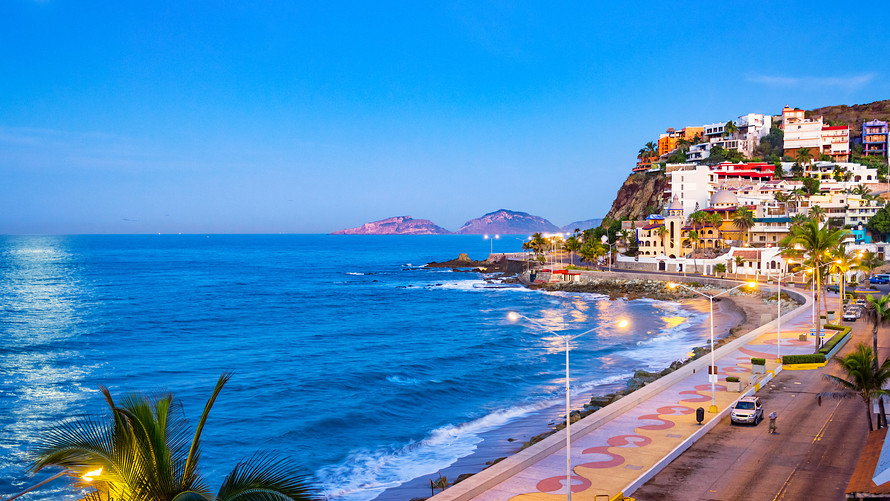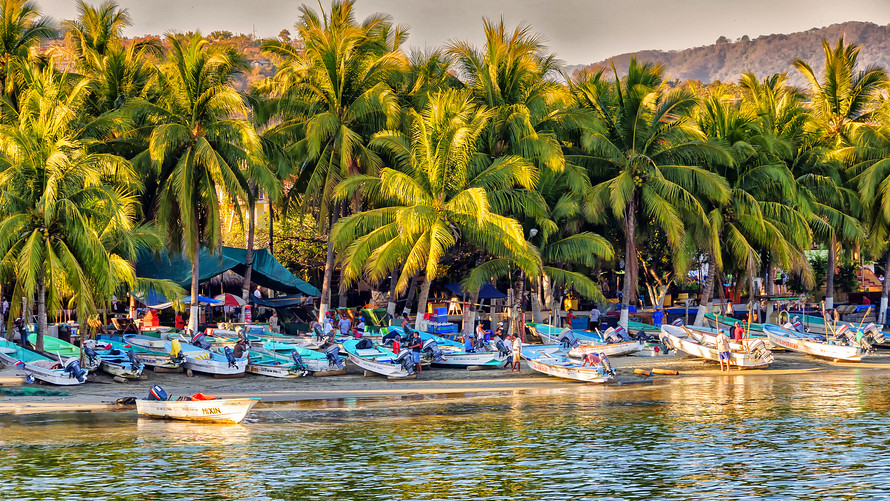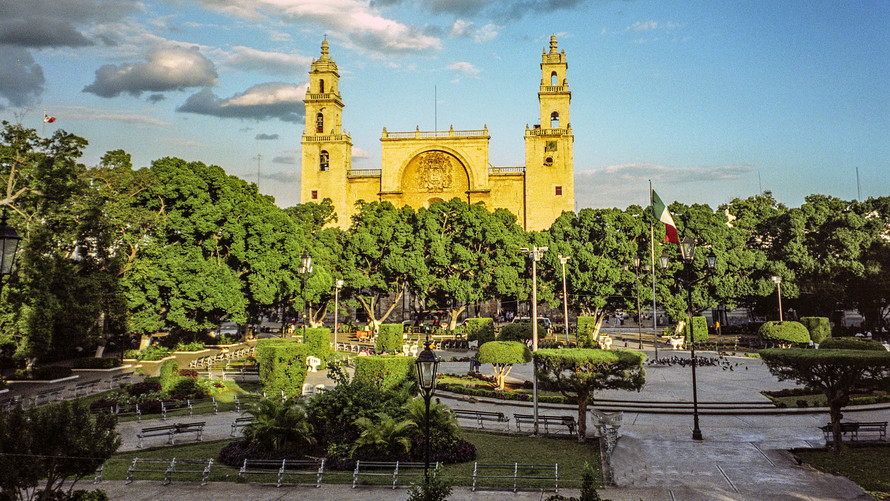Dear MarketWatch,
I live in Loveland, Colo., just turned 60 and would love to be retired within the next year. I’m looking for a more affordable place to retire and am thinking about Mexico — somewhere I can live for between $ 800 and $ 1,200 a month.
Ideally, I would like a pretty big expat community, but a place that still retains the feel of Mexican culture (Cabo feels like SoCal to me, so nothing like that); somewhere with a decent number of cultural things to do, like music and plays; and good food. I’d also like to be in a moderate climate and somewhat near the ocean. And I would like the ratio of single men to women to be 10:1 — I’m kidding!
Best,
Mo
———————————————————————————————————————————
Dear Mo,
Sadly, there does not appear to be a fitting spot with that coveted 10:1 males-to-females ratio (and if I do find it, I’ll let you know, and we’ll set up our own dating service!), but I do think I’ve found some excellent, affordable places for you to retire in Mexico.
While it’s harder to retire on that little money in America, Mexico does offer more options. The spots that fit the bill do come with downsides — some may have elevated crime rates (the U.S. Department of State gave Mexico a Level 2 safety warning when this article was first published in October 2019, suggesting that Americans traveling there “exercise increased caution” and highlights areas to avoid), and others are extremely hot in the summers. That said, we have turned up some locations that might fit the bill.

Beach and waterfront promenade in Mazatlán at twilight.
iStock
Mazatlán: Though there are touristy sections of this Pacific Coast resort town (John Wayne and Gary Cooper used to go marlin fishing here), there’s also plenty to fall in love with, like cobblestone streets, neoclassical and French Baroque architecture and cultural amenities like theater and art galleries. And as the Washington Post recently said of Mazatlán’s gorgeous historic Centro neighborhood: “Time and again people described the Centro to us as ‘Mexican with some tourists,’ rather than a tourist town (ahem, Puerto Vallarta) with some Mexicans.”
Janet Blaser, a 63-year-old former journalist who left Santa Cruz for Mazatlán, told MarketWatch that she loves the access to nature here, too, specifically the “beautiful glittering Pacific Ocean, warm and swimmable.” And it’s inexpensive: Blaser says she lives on about $ 1,000 a month (learn more about the cost of living there.) She adds that, though it can be helpful to have a car, many expats get by without one.
It’s important to note that crime is an issue in the area (the state in which Mazatlán is located, Sinaloa, is on the State Department’s “do not travel” list due to crime, but the U.S. does permit its employees to go to parts of Mazatlán, and Blaser reports she feels safe where she lives). Added perk: Mazatlán’s weather. Though it gets hot in the summer, it’s milder than in Mérida (another of my suggested destinations).

The beach in Zihuatanejo.
iStock
Zihuatanejo: International Living’s executive editor, Jennifer Stevens, recommends this Pacific Coast beach town for expats — and it’s easy to see why. For one, it’s gorgeous, as Condé Nast Traveler wrote: “This swath of the state is slammed up against the Sierra Madre del Sur mountains, with cliffs and ravines blanketed by mangrove, oak, and black olive, and tangled with subtropical shrubs, agaves, and snaking vines. … Zihua (pronounced “zee-wha”), as it’s thankfully shortened to, is especially hemmed in by nature — by the scooped-out bay to the west, with its sliver of silt-fine beach and palm trees, and by hills in every other direction.”
And the city itself isn’t too shabby, with cobblestone streets lined by restaurants, bars and tiny shops, as well as a central market where you can pick up the night’s dinner and artisanal goodies in the same trip. All these perks could have made Zihua supertouristy, but as Lonely Planet writes, “for the most part, Zihua has retained its historic charm.” (Those are just some of the reasons that “The Shawshank Redemption” character Andy Dufresne might have dreamed of this spot while he sat in prison for decades.)
Plus, the climate is appealing for most of the year, with temperatures tending to range between the high 60s to the high 80s or low 90s. What’s more, even on a meager salary, you can likely afford Zihua: International Living estimates that a couple can live on about $ 1,300 a month, and singles on even less; it also notes that you can get around on public transportation.
However, one big downside is that crime is a major issue in its state, Guerrero, as the State Department has noted.

Mérida has been described as the cultural hub of the entire Yucatán Peninsula.
iStock
Mérida: You won’t get bored in Mérida, which boasts an abundance of colonial history, “excellent cuisine,” “thriving markets” and “events happening just about every night,” as Lonely Planet notes. “Since the Spanish conquest,” Lonely Planet reminds, “Mérida has been the cultural capital of the entire Yucatán Peninsula.”
Though it’s not right on the beach, you’re only a little over 25 miles from the sugar-sand beaches of the Yucatán’s Gulf Coast, and International Living, which estimates its expat population at about 4,000, named it one of the five best spots in Mexico for U.S. expats. And though international tourists, along with expats, have long since discovered Mérida, Lonely Planet is quick to point out that this is “a tourist town [that’s] too big to feel like a tourist trap.”
However, one big downside for you might be the hot and humid summer weather (temperatures can top 100 degrees Fahrenheit in summer, though winter temperatures are often in the mid-60s and 70s). But the low cost of living may help smooth over any drawbacks: International Living notes that a couple can live on about $ 1,400 a month here, and singles on even less thanks to lower rent, food and other costs. You also may be able to get by without a car, but it’s probably easier with one. So in summer, head back to Colorado for a visit with old friends!
